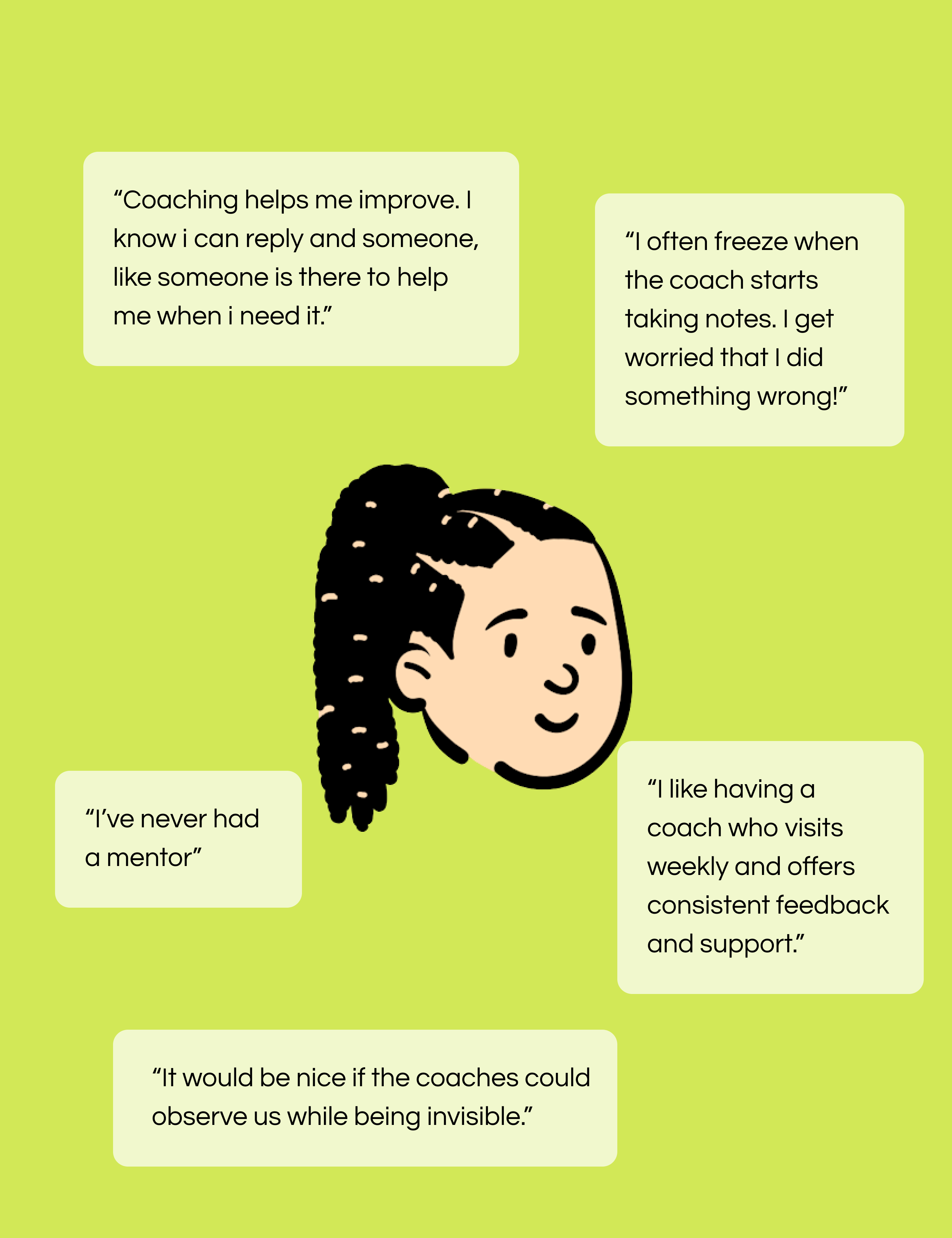
Logan & Friends
An AI-powered instructional coaching tool designed to deliver real-time, personalized feedback and assist educators with professional development, enhancing traditional coaching with seamless AI integration.
ROLE
Founding Product Designer
DURATION
Sep 2023 - April 2024
8 Months
8 Months
TOOLS


Logan & Friends is an ed-tech company focused on empowering teachers with innovative tools to support with professional development. They aim to combine traditional instructional coaching with technology to help K-12 educators adapt to the evolving needs of the classroom.
The product is a game-changing tool designed to elevate instructional coaching by integrating AI. It addresses the limitations of traditional coaching methods and provides educators with real-time, personalized feedback, helping them continuously refine their pedagogical practices and improve teaching techniques seamlessly.





















































